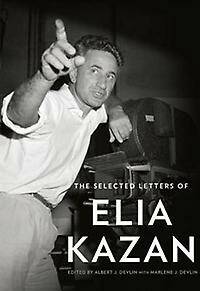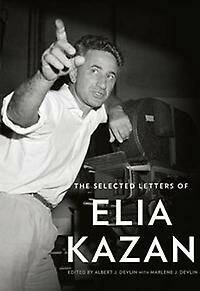
- Afhalen na 1 uur in een winkel met voorraad
- Gratis thuislevering in België vanaf € 30
- Ruim aanbod met 7 miljoen producten
- Afhalen na 1 uur in een winkel met voorraad
- Gratis thuislevering in België vanaf € 30
- Ruim aanbod met 7 miljoen producten
Zoeken
Omschrijving
Elia Kazan is perhaps best known as the premier interpreter of the works of Arthur Miller and Tennessee Williams on the stage, and for his remarkable cinematic oeuvre. But these extraordinary letters reveal the entire range of his development as an artist and a man, from his early years as an actor and director with the Group Theatre to his innovative work as a celebrated director of Broadway theater and film. His founding of the Actors Studio and co-directorship of the Repertory Theater at Lincoln Center placed Kazan in the vanguard of every major theatrical development of the pre- and postwar years. Here are letters to Clifford Odets, John Steinbeck, Williams, and Miller; to Marlon Brando, James Dean, Warren Beatty, and Julie Harris. We see Kazan's heated dealings with studio moguls Darryl Zanuck and Jack Warner, his principled resistance to film censorship, the upheavals of his HUAC testimony, and his complicated family life. Perhaps no figure of popular culture more dramatically engaged the political, moral, and artistic crosscurrents of the postwar years than Elia Kazan.
Specificaties
Betrokkenen
- Auteur(s):
- Uitgeverij:
Inhoud
- Aantal bladzijden:
- 640
- Taal:
- Engels
Eigenschappen
- Productcode (EAN):
- 9780307267160
- Verschijningsdatum:
- 30/04/2014
- Uitvoering:
- Hardcover
- Afmetingen:
- 162 mm x 241 mm
- Gewicht:
- 1124 g

Alleen bij Standaard Boekhandel
+ 83 punten op je klantenkaart van Standaard Boekhandel
Beoordelingen
We publiceren alleen reviews die voldoen aan de voorwaarden voor reviews. Bekijk onze voorwaarden voor reviews.








